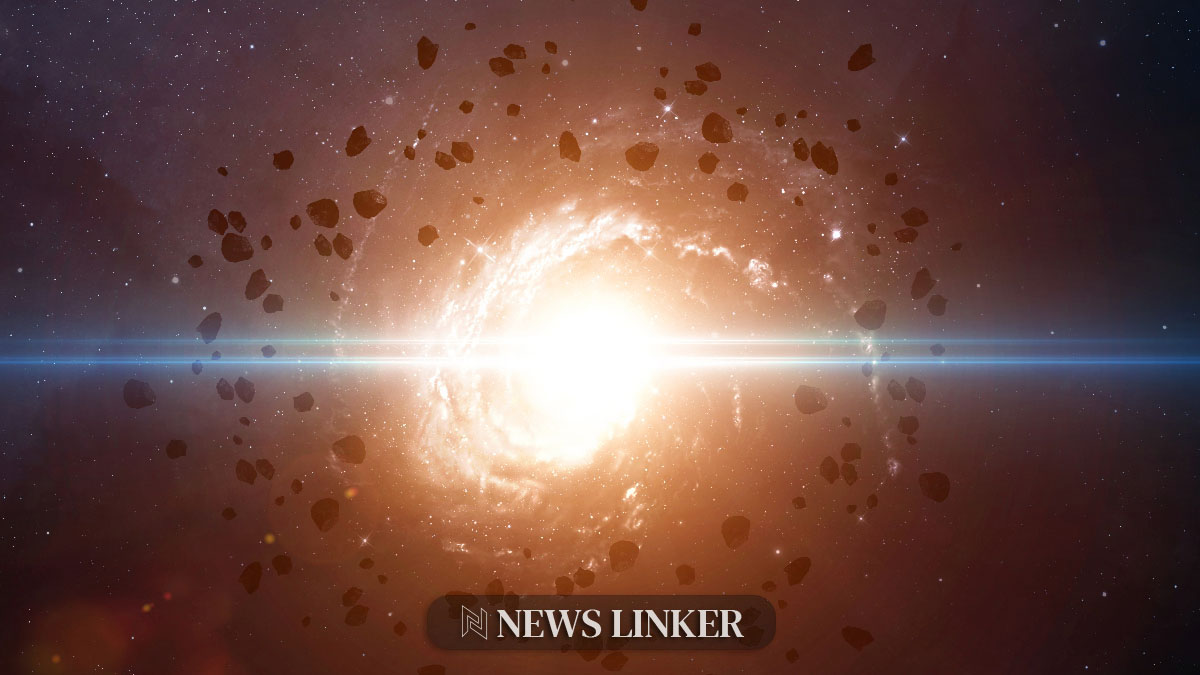In an unforeseen celestial event, an asteroid known as 2024 BXI detonated in the atmosphere above Berlin shortly after its discovery. Unlike previous incidents, the asteroid’s detection occurred mere hours before its explosion, causing a stir within the global community.
Astute Astronomical Observation
Krisztián Sárneczky, an asteroid enthusiast and astronomer stationed at Hungary’s Piszkéstető Mountain, was the first to spot the small asteroid 2024 BXI. NASA confirmed the anticipated disintegration of the asteroid, projecting it would burn up harmlessly in the sky west of Berlin on the night of January 20.
Captured in Action
The asteroid’s fiery end was documented by a camera in Leipzig, Northern Germany. The footage quickly spread across social media platforms, including X (formerly Twitter), allowing the public to witness the event.
The late discovery of 2024 BXI, only hours before its atmospheric entry, is part of a concerning pattern. While larger asteroids are typically detected earlier due to their size, smaller ones like 2024 BXI can go unnoticed until they are nearly upon us.
This is not the first incident of a last-minute asteroid detection. In 2022, a similar situation occurred where an asteroid was discovered just two hours before entering Earth’s atmosphere, also by Sárneczky.
The primary worry is the potential for larger, more destructive asteroids to evade early detection, especially those obscured by the Sun’s glare. Although the likelihood is slim, the threat remains a topic of concern.
Despite the scare, the recent Berlin event serves as a reminder that not all space objects pose a significant threat to Earth. These celestial encounters have been part of Earth’s natural history for eons.










